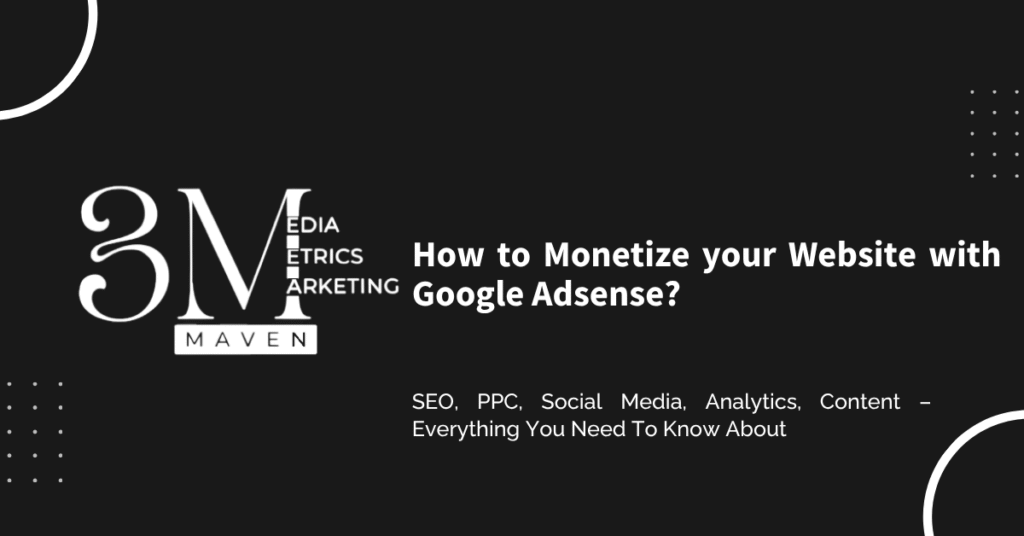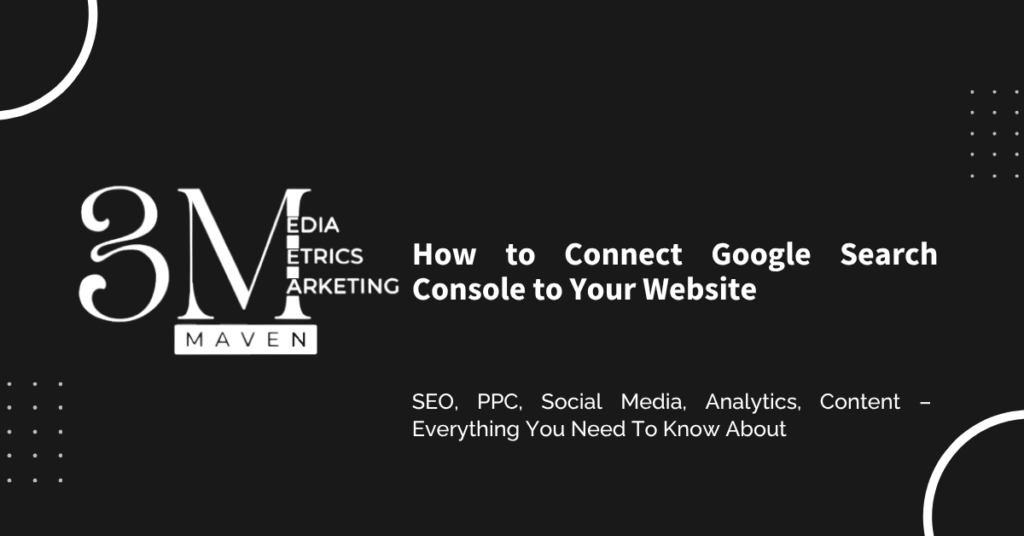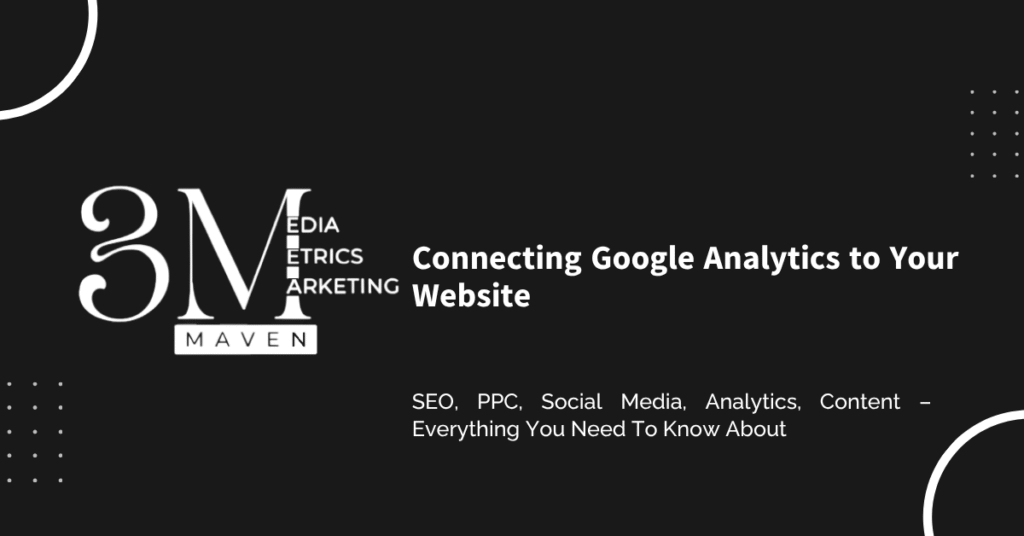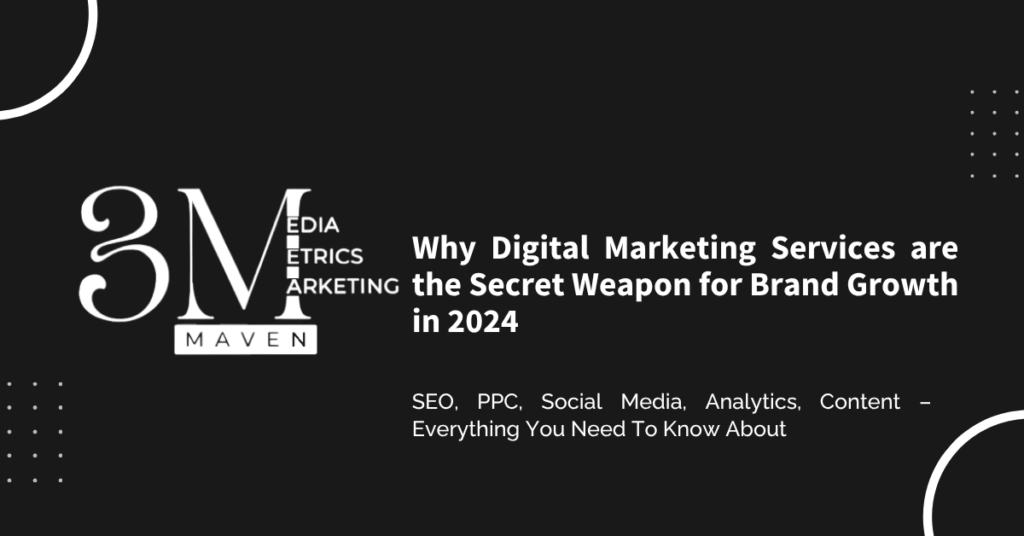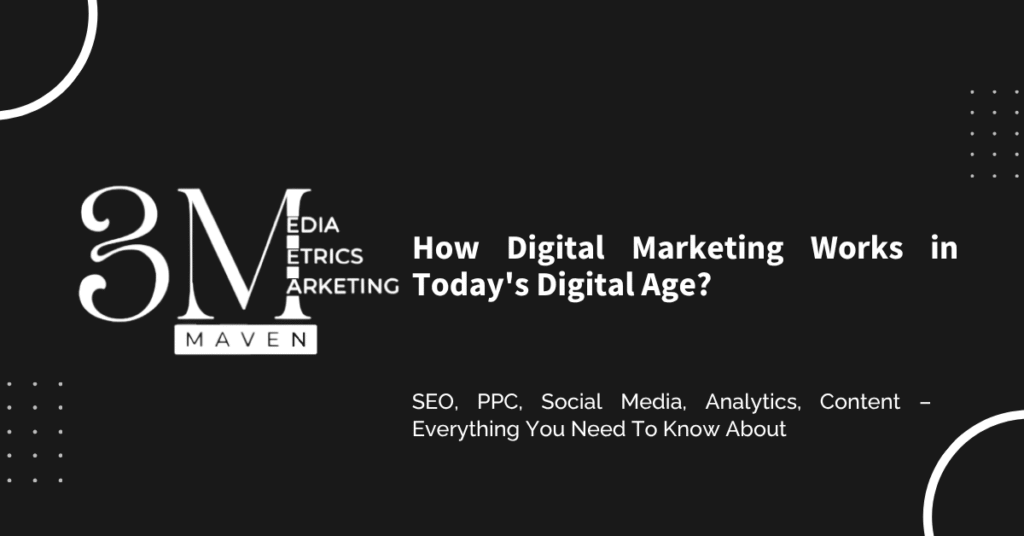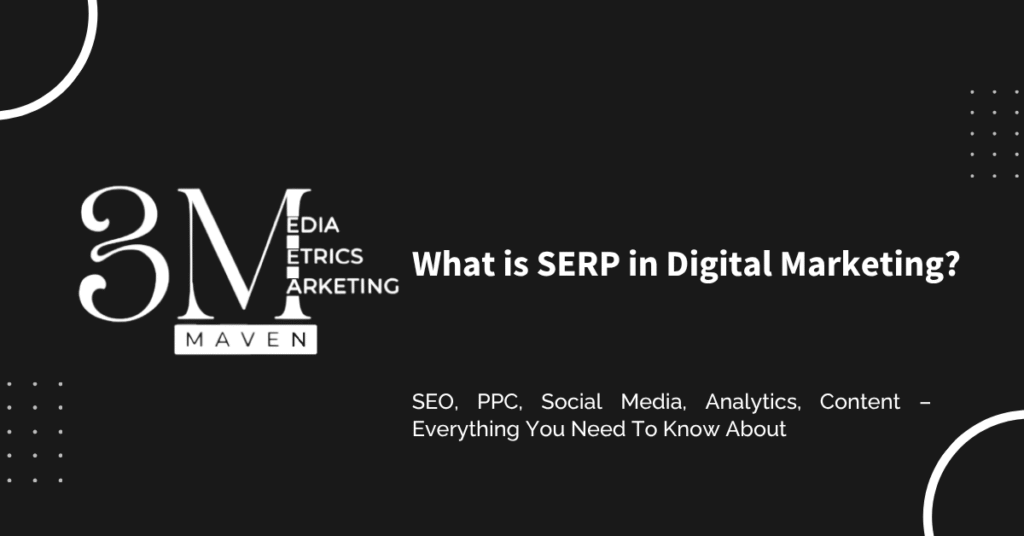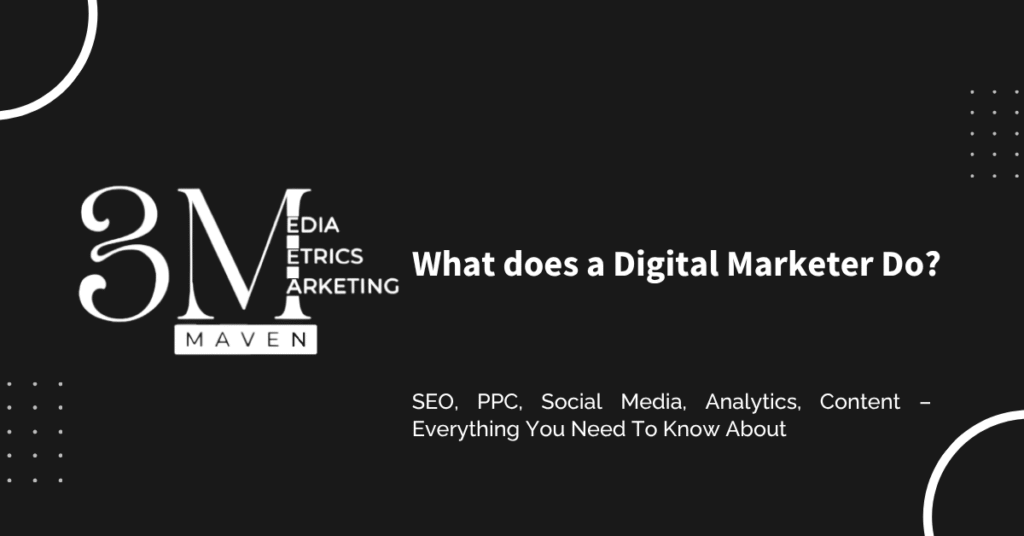What is Social Media Marketing?
What Is Social Media Marketing Social media has become an integral part of our daily lives, revolutionizing the way we communicate, connect, and consume information. From personal interactions to business marketing, social media platforms offer a vast area of opportunities. Social media marketing (SMM) is the practice of using social media platforms to reach and engage with your target audience. It’s a powerful tool that can help businesses build brand awareness, generate leads, and drive sales. With the rapid growth of social media platforms like Facebook, Instagram, Twitter, and LinkedIn, SMM has become an essential part of any digital marketing strategy. In fact, a recent study found that over 97% of marketers are using social media for business. Understanding Social Media Marketing Social Media Marketing platforms are online communities where users can create, share, and exchange content. They provide a platform for individuals and businesses to connect with others, build relationships, and share ideas. These platforms are an integral component of digital marketing strategies, allowing businesses to reach target audiences, build brand awareness, and drive engagement in the online sphere. Some of the most popular social media platforms include. Facebook: A versatile platform for connecting with friends and family, as well as businesses and organizations. Instagram: A photo and video sharing platform, popular for its visually appealing content. Twitter: A microblogging platform where users can share short messages and updates. LinkedIn: A professional networking platform for building connections and finding job opportunities. Benefits of Social Media Marketing Social media offers numerous benefits for both individuals and businesses, including: Increased connectivity: social media helps us stay connected with friends, family, and colleagues, regardless of distance. Improved communication: social media provides a platform for open and transparent communication. Access to information: social media gives us access to a vast amount of information and resources. Networking opportunities: social media can help us build professional relationships and expand our networks. Marketing and branding: Businesses can use social media to reach new customers, build brand awareness, and promote their products or services. Social Media Marketing Strategies To effectively use social media, it’s important to have a well-defined strategy. Here are some key elements of a successful social media strategy: Define your goals: Determine what you want to achieve with your social media presence. Identify your target audience: Understand who you are trying to reach with your content. Choose the right platforms: Select the social media platforms that are most relevant to your target audience. Create high-quality content: Develop engaging and relevant content that resonates with your audience. Engage with your audience: Respond to comments, messages, and mentions to build relationships. Measure your results: Track your social media metrics to assess the effectiveness of your strategy. Personal Branding: Personal branding is about creating a unique and memorable identity that sets you apart from the competition. It’s about showcasing your skills, expertise, and personality in a way that resonates with your target audience. Key Components of a Strong Personal Brand Clear Identity: Define who you are and what you stand for. What are your values, passions, and goals? Consistent Messaging: Ensure that your messaging across all platforms is consistent and aligned with your brand identity. High-Quality Content: Share valuable and engaging content that demonstrates your expertise and knowledge. Engaging Online Presence: Interact with your audience, respond to comments, and build relationships. Professional Network: Connect with like-minded individuals and build a strong professional network. Utilizing Social Media Marketing for Personal Branding Choose the Right Platforms: Select the social media platforms that are most relevant to your target audience. Optimize Your Profiles: Create complete and professional profiles with a clear headshot and bio. Share Valuable Content: Regularly share high-quality content that showcases your expertise. Engage with Your Audience: Respond to comments, messages, and mentions to build relationships. Network with Others: Connect with like-minded individuals and participate in relevant online communities. Common Personal Branding Mistakes to Avoid Inconsistency: Ensure that your messaging and branding are consistent across all platforms. Over-Promotion: Don’t spam your followers with promotional content. Focus on providing value. Negativity: Avoid posting negative or controversial content. Lack of Engagement: Actively engage with your audience to build relationships and trust. Ignoring Analytics: Track your social media metrics to measure the effectiveness of your efforts. Building a Strong Online Presence Consistency: Regularly post content to maintain a consistent presence. Quality over Quantity: Focus on creating high-quality content rather than just posting frequently. Visual Appeal: Use visually appealing images and videos to capture attention. Use Relevant Hashtags: Use relevant hashtags to increase your visibility and reach a wider audience. Collaborate with Others: Partner with other influencers or brands to expand your reach. Understanding the Importance of Social Media Management Social media management involves overseeing and maintaining your business’s social media presence. It encompasses various tasks, including: Content creation and curation: Developing and sharing high-quality content that resonates with your audience. Community engagement: Interacting with your followers, responding to comments, and building relationships. Social media advertising: Utilizing paid advertising to reach a wider audience and drive conversions. Analytics and reporting: Tracking your social media performance and measuring key metrics. Effective social media management can help you achieve several goals, such as: Increased brand visibility: Boosting your brand’s awareness and reach. Improved customer engagement: Fostering stronger connections with your audience. Enhanced lead generation: Attracting potential customers and driving conversions. Improved customer service: Providing timely and effective customer support. Reputation management: Monitoring online conversations and addressing negative feedback. Key Strategies for Effective Social Media Management Define Your Goals: Clearly outline your social media objectives, whether it’s increasing brand awareness, driving website traffic, or generating leads. Know Your Audience: Understand your target audience’s demographics, interests, and behaviors to tailor your content accordingly. Create a Content Calendar: Develop a content calendar to plan and schedule your posts in advance. Produce High-Quality Content: Create engaging and shareable content that resonates with your audience. Engage with Your Audience: Respond to comments, messages, and mentions promptly to build relationships. Utilize Social Media Analytics: Track your social media performance
What is Social Media Marketing? Read More »

